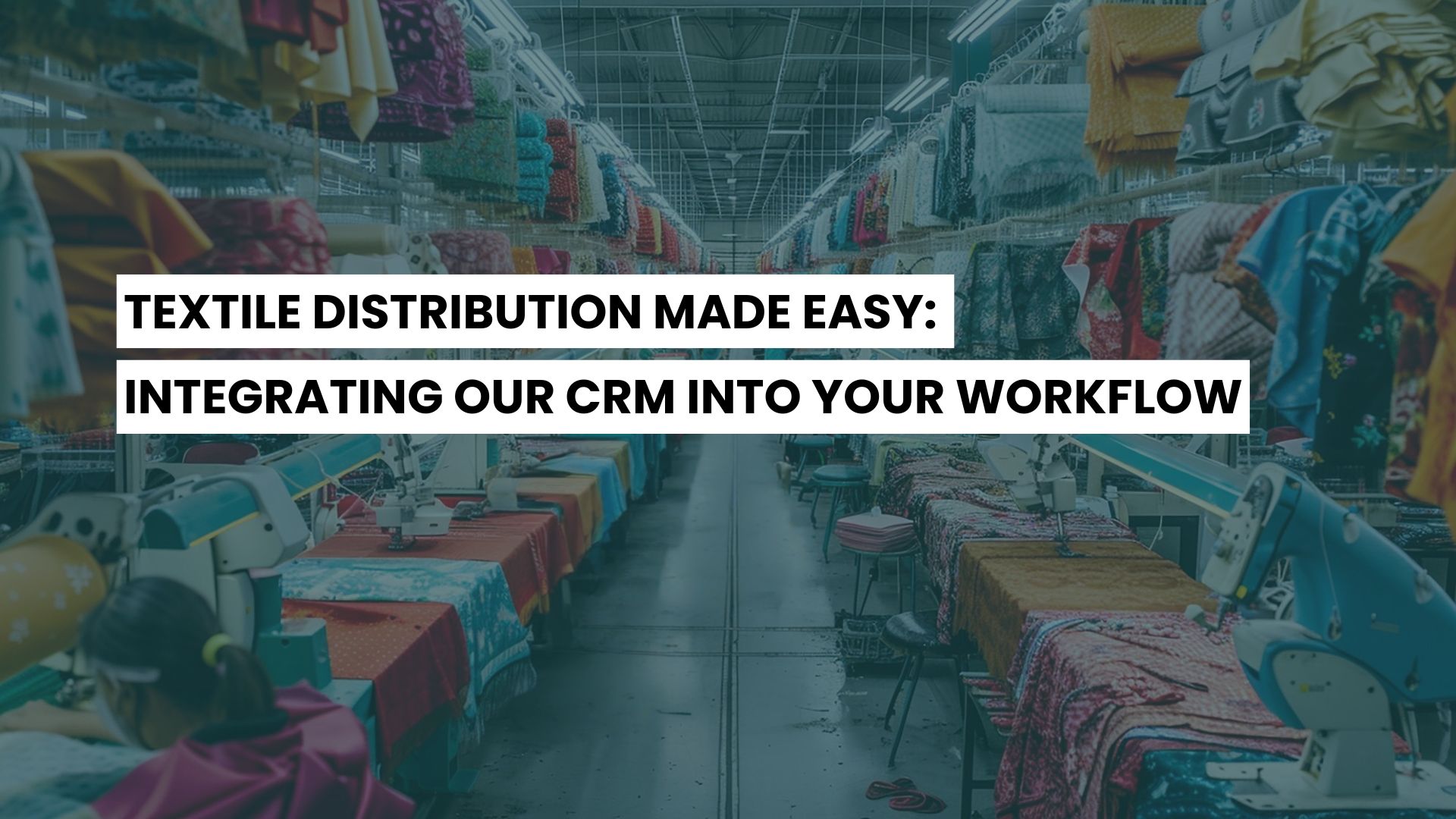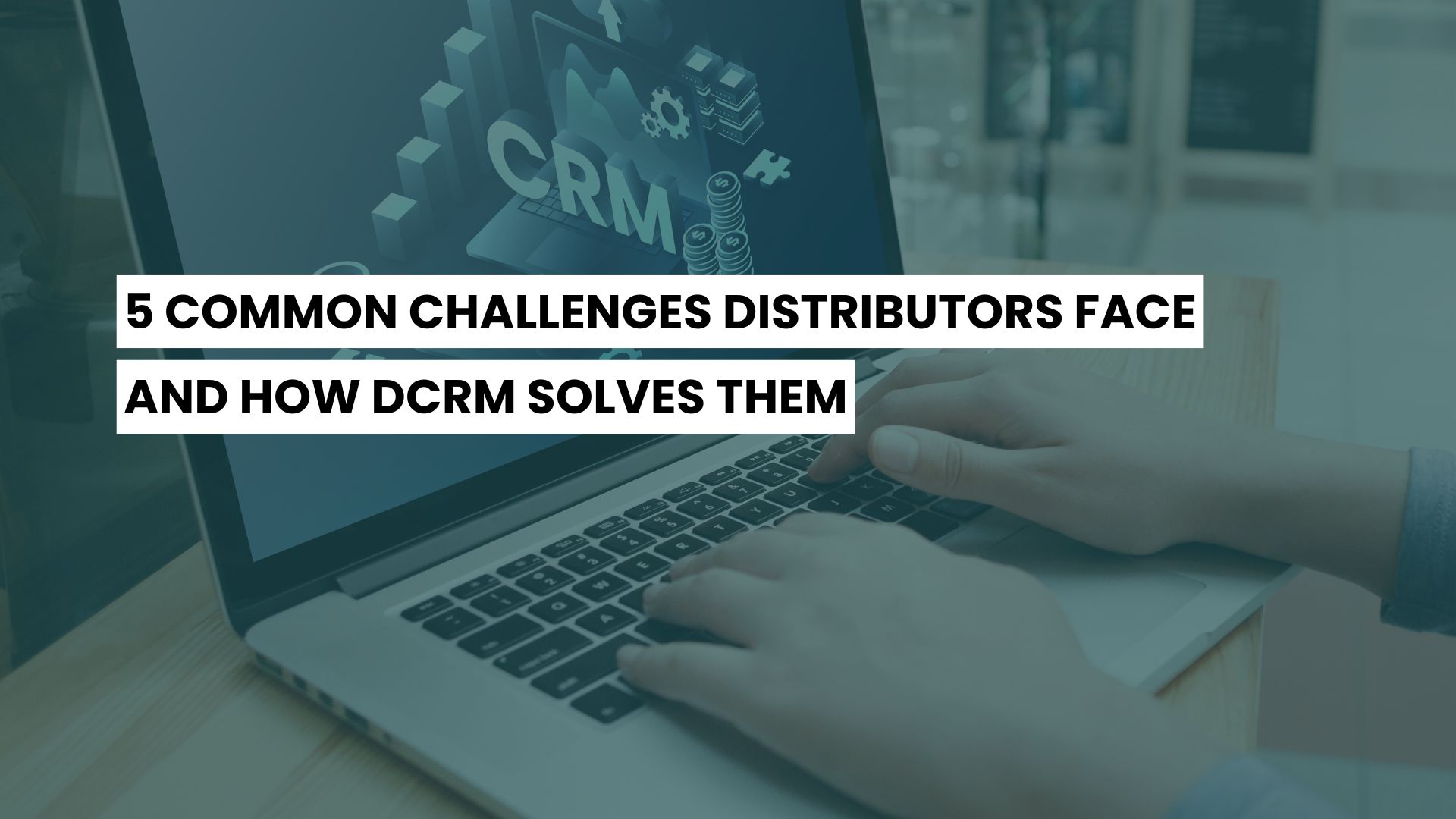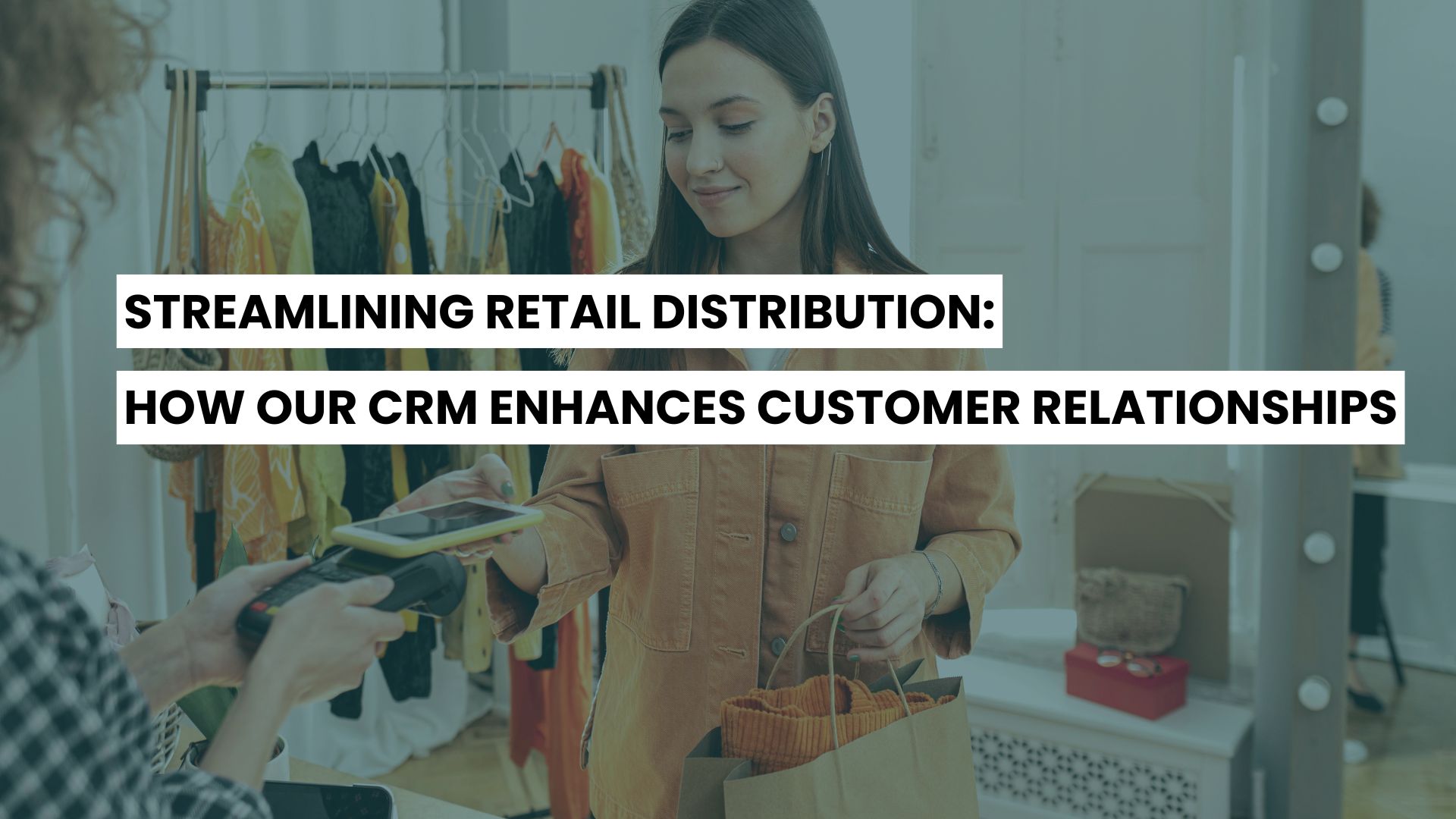In the fast-paced world of Fast-Moving Consumer Goods (FMCG), staying ahead is not just a goal but a necessity. Companies are now turning to Distribution Customer Relationship Management (CRM) systems for a strategic makeover that can redefine their success trajectory. Let’s dive into the transformative impact of Distribution CRM on the FMCG landscape.
The Evolution of FMCG
From Corner Stores to Global Shelves
FMCG has come a long way from the days of corner stores and local markets. Today, products traverse global shelves, and consumer choices are as diverse as the products themselves.
The Need for Strategic Transformation
With the market becoming more dynamic, companies need to adapt swiftly. This calls for a strategic makeover that aligns with the ever-evolving consumer demands and market trends.
Understanding Distribution CRM
Navigating the Complexity
Distribution CRM is not just another software; it’s the compass guiding companies through the complex web of distribution channels. It simplifies, streamlines, and optimises the entire supply chain process.
Enhancing Customer Relationships
At its core, Distribution CRM is about relationships. It goes beyond tracking inventory; it’s about understanding customer preferences, managing orders efficiently, and ensuring timely deliveries.
Breaking Down the Jargon
The technical terms associated with CRM can be daunting. However, the essence is simple: it’s a tool that helps businesses connect better with customers, make smarter decisions, and ultimately boost profits.
Impact on FMCG
Streamlining Supply Chains
Distribution CRM acts as a conductor orchestrating the symphony of supply chain activities. From procurement to delivery, every note is harmonized, reducing delays and enhancing efficiency.
Real-Time Insights
In the FMCG realm, information is power. Distribution CRM provides real-time insights, allowing companies to make data-driven decisions, adapt to market changes swiftly, and seize opportunities before competitors.
Tailoring to Consumer Needs
Consumer preferences fluctuate like the stock market. Distribution CRM empowers companies to adapt quickly, tailoring products and strategies to meet the ever-changing needs of their target audience.
Implementation Challenges
Overcoming Resistance
Change is met with resistance, and implementing Distribution CRM is no exception. However, companies must overcome this resistance to unlock the full potential of this transformative tool.
The Importance of Training
To maximise the benefits, adequate training is crucial. Employees need to understand the system’s functionalities and how it aligns with their roles, fostering a smoother transition.
Customization Dilemma
While CRM systems offer a plethora of features, the challenge lies in customization. Companies must strike a balance, tailoring the system to their unique needs without overcomplicating processes.
Measuring Success
Beyond Profit Margins
Success in the FMCG realm is not solely about profit margins. It’s also about customer satisfaction, streamlined operations, and the agility to navigate the market’s twists and turns.
Key Performance Indicators
Measuring success requires defining Key Performance Indicators (KPIs). These may include order fulfilment times, customer retention rates, and adaptability to market changes.
Continuous Improvement
Distribution CRM is not a one-time solution. It’s an ongoing process of improvement. Regular evaluations and adjustments ensure that companies stay on the cutting edge of the FMCG landscape.
Future Outlook
Embracing Technology
As technology continues to evolve, so must FMCG companies. Those who embrace Distribution CRM are not just adapting to the present but future-proofing their operations.
Sustainable Practices
The future demands more than just profits; it demands sustainability. Distribution CRM can be a catalyst for adopting eco-friendly practices, reducing waste, and making the supply chain more environmentally conscious.
Conclusion
In the fast-paced FMCG realm, a strategic makeover is not a luxury but a necessity. Distribution CRM emerges as the game-changer, streamlining operations, enhancing customer relationships, and providing the agility needed in today’s dynamic market. Companies that embrace this transformative tool are not just staying relevant; they are paving the way for a future where success is measured not just in profits but in sustainability and customer satisfaction.




